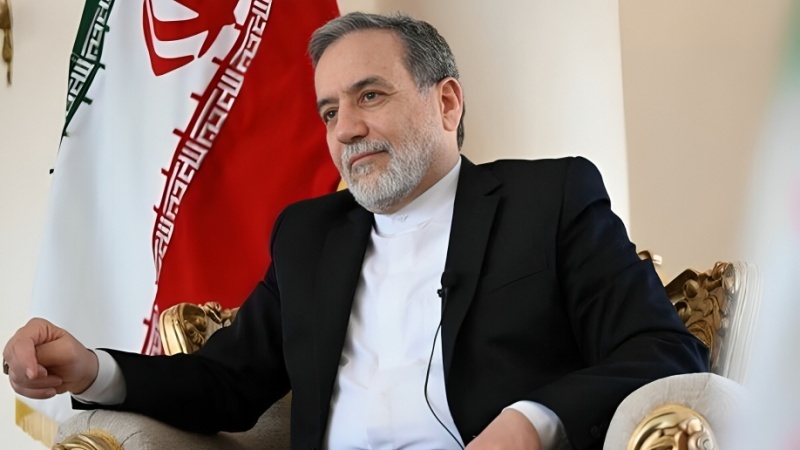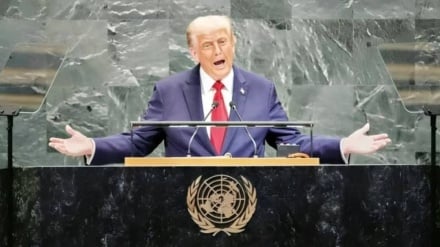Pars Today's Iran and world news package
Arab world analyst: Iran scored first goal against U.S. by insisting on indirect negotiations
-

Iranian FM Seyyed Abbas Araghchi
Pars Today - A senior Arab world analyst described Tehran’s insistence on indirect negotiations with Washington in Oman as Iran’s first goal against the U.S.
Abdel Bari Atwan, a senior Arab world analyst, wrote in a detailed article on Rai al-Youm on Saturday about the indirect negotiations between the Islamic Republic of Iran and the United States in Oman: "Iran succeeded in scoring a major goal against the U.S. in the 'battle of wills,' which began on Saturday in the Omani capital, Muscat."
According to Pars Today, Atwan added: "This success was achieved through Iran's insistence on keeping the negotiations 'indirect,' contrary to the U.S. preference for 'direct' talks." This point was even highlighted by Donald Trump, the U.S. President, during a joint press conference with Israeli prime minister Benjamin Netanyahu—an announcement that reportedly shocked Netanyahu.
The Arab world analyst emphasized: "The U.S. delegation, led by Steve Witkoff, a senior advisor to Trump, is entering these negotiations from a weakened and fragile position—especially after the failure of U.S. policy to impose customs tariffs on over 200 countries and entities worldwide. The result has been America's isolation and even the transformation of former allies into new adversaries, particularly in Europe, as well as in Southeast Asia (South Korea and Japan)."
Atwan continued: "The Iranians, led by Abbas Araghchi—an experienced diplomat who previously guided the 2015 nuclear agreement negotiations with the P5+1 group—leveraged their extensive experience and skill in negotiation tactics to resist Trump’s policies of threats and intimidation. They successfully imposed all their conditions on the U.S., including limiting the talks to the nuclear issue and avoiding discussions on other topics such as missile systems, drones, or relations with resistance groups in Gaza, Lebanon, Yemen, and Iraq. In the end, they managed to have their demands prevail."
The senior Arab world analyst also attributed Trump’s retreat from threatening a full-scale military attack to Iran’s firm stance, led by the Supreme Leader of the Islamic Revolution, in confronting the U.S. He noted: "The Iranians do not trust Trump, who unilaterally abandoned the nuclear deal in 2018. They are fully aware that he has become a puppet controlled by Israel’s regime."
Atwan concluded: "In the early months of Trump’s presidency, the U.S. became a laughingstock on the global stage. It is no surprise that Iran and its allies are now capitalizing on this situation, feeling pleased and even somewhat triumphant. As the saying goes, 'He who laughs last, laughs best'… and time will reveal who the true winner of this battle really is."
MG


